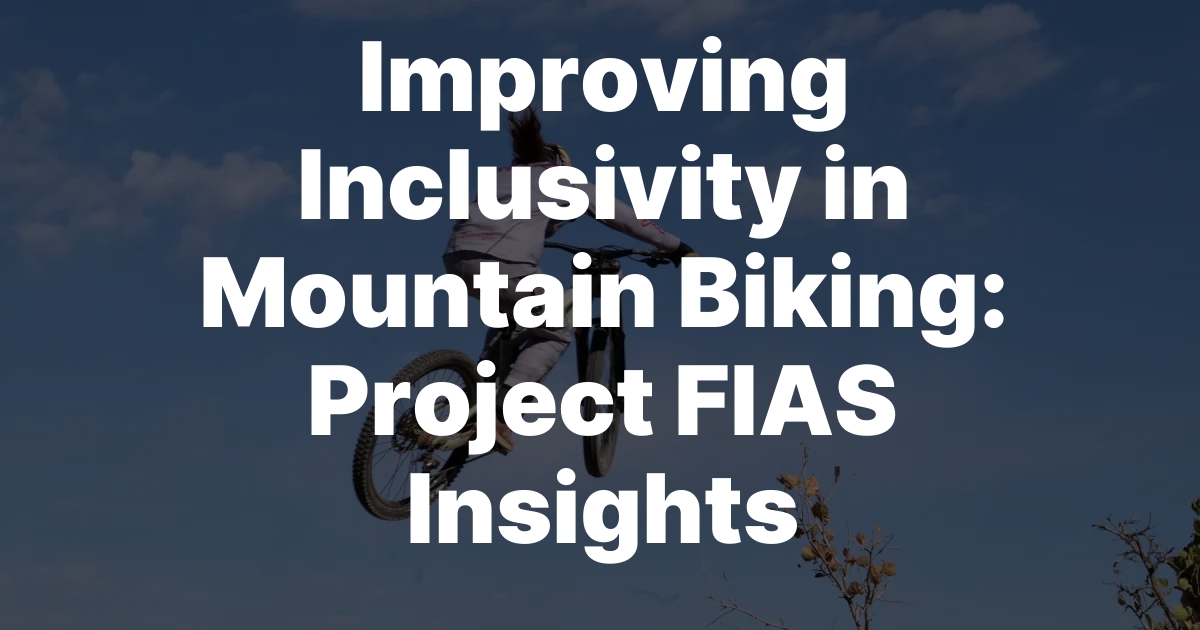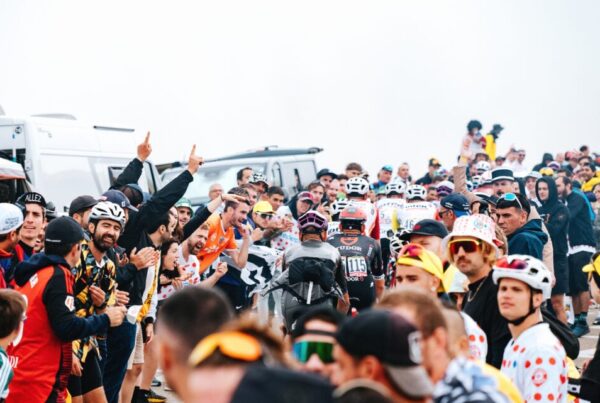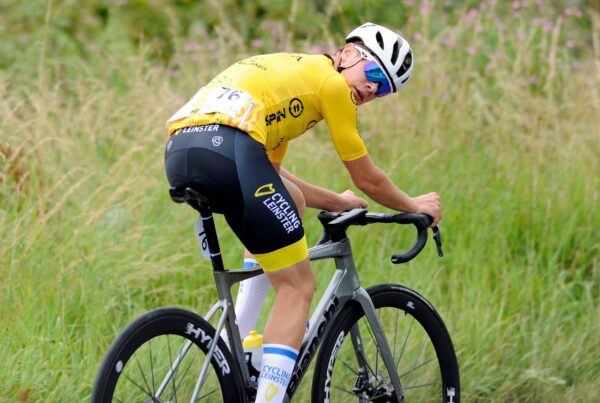
.
.
.
#InclusiveMountainBiking #WomenInActionSports #ProjectFIAS #BikeCommunity #InclusivityInSports #MountainBikingCulture #WomenRiders #ActionSportsMarketing #BikeInclusivity #EmpowerWomenRiders #CommunityBuilding #MountainBikingLeadership #InclusiveToolkit #TransformBikeCulture #GetMoreWomenOnBikes
Source link
Project FIAS (Fostering Inclusive Action Sports), led by the University of Bristol Business School, applies academic research and marketing theory to address inclusivity challenges in mountain biking and other action sports. Traditionally male-dominated, mountain biking has historically struggled to attract and retain women, with only 20% of participants being women. Project FIAS aims to understand how media, marketing, and cultural representations shape the sport and influence inclusivity.
Historically, efforts to engage women in mountain biking were superficial, often limited to painting bikes pink or reducing frame sizes. These approaches rarely addressed deeper barriers to participation, such as cultural norms, lack of representation, or inadequate community support. Project FIAS examines these systemic issues and highlights successful initiatives to foster inclusivity.
The project outlines a four-pillar framework to improve inclusivity in mountain biking:
-
Community Building: Creating inclusive communities is crucial. Project FIAS has developed a free toolkit to help organizers build supportive environments. Practical tips include how to effectively use social media to reach diverse audiences, how to structure ride descriptions (e.g., indicating time spent riding rather than just distance), and how to create welcoming events. Even informal efforts, like encouraging friends to ride, can benefit from these insights.
-
Foster Integration of Women+ into Mountain Biking Culture: Encouraging women and other underrepresented groups to feel like they belong in the sport is essential. This involves challenging stereotypes, creating role models, and ensuring that women’s voices are heard and valued within the community.
-
Support Women+ into Leadership Positions: Elevating women into roles of influence within the industry and community can drive systemic change. This includes supporting women as athletes, influencers, coaches, organizers, and decision-makers in the bike industry.
- Transform Cultural Representation: Media and marketing play a powerful role in shaping perceptions of mountain biking. Diversifying representations of riders in promotional materials, advertisements, and media narratives can help normalize participation for all genders and backgrounds.
Project FIAS emphasizes that inclusivity is not just a moral imperative but also good business. Expanding the market to include more women and underrepresented groups means more people buying bikes, gear, and services. By addressing barriers to participation, the industry can grow while fostering a more welcoming and diverse community.
The project’s toolkit provides actionable advice for anyone involved in organizing rides or events, from formal leaders to casual enthusiasts. For example, ride descriptions that include estimated time on the bike, rather than just distance, can help newcomers gauge their ability and feel more confident. Similarly, using inclusive language and imagery can make a significant difference in how accessible the sport feels to potential participants.
Overall, Project FIAS highlights the importance of intentional efforts to create a more inclusive mountain biking culture. By focusing on community building, representation, leadership, and cultural transformation, the industry can move beyond token gestures and make meaningful progress towards inclusivity. For those passionate about cycling, small changes in how rides are organized or promoted can have a big impact on encouraging more people to discover the joy of mountain biking.







